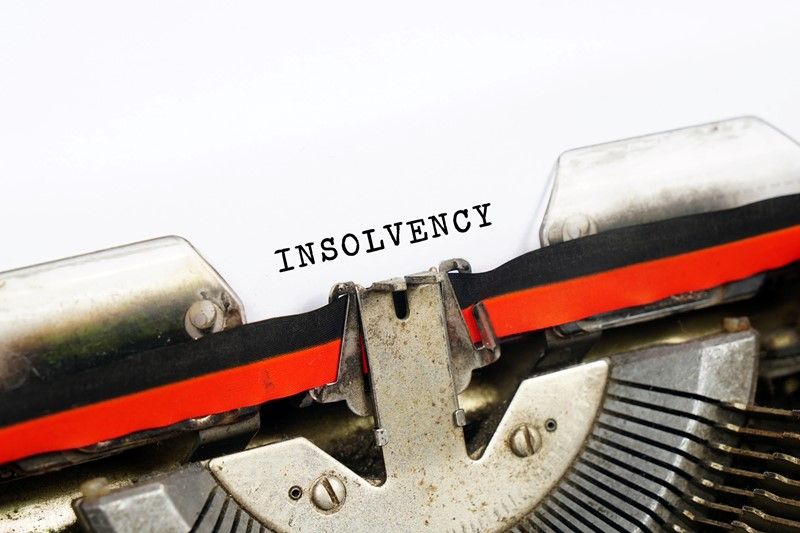Company director disqualification
Company directors have a legal duty to act responsibly and in the best interests of their business. If a director fails to meet these responsibilities, they can face disqualification from acting as a company director for up to 15 years.
Disqualification can result from ‘unfit conduct,’ which includes actions such as trading while insolvent, failing to maintain proper accounting records, neglecting to submit statutory accounts to Companies House, not paying taxes or using company money or assets for personal benefit. It can also occur if a director is subject to bankruptcy or a Debt Relief Order.
The disqualification process typically begins when The Insolvency Service investigates a company involved in insolvency proceedings or responds to complaints. If misconduct is suspected, the director will be informed in writing and given the option to either defend the case in court or voluntarily accept a disqualification through a formal disqualification undertaking. Other authorities including Companies House, the courts or a company insolvency practitioner can also initiate disqualification proceedings.
Once disqualified, an individual cannot be involved in forming, marketing or running a company or be a director of any company registered in the UK or an overseas company that has connections with the UK. Breaking these rules can lead to a fine or imprisonment. Disqualified directors are listed on public registers maintained by Companies House and The Insolvency Service.




